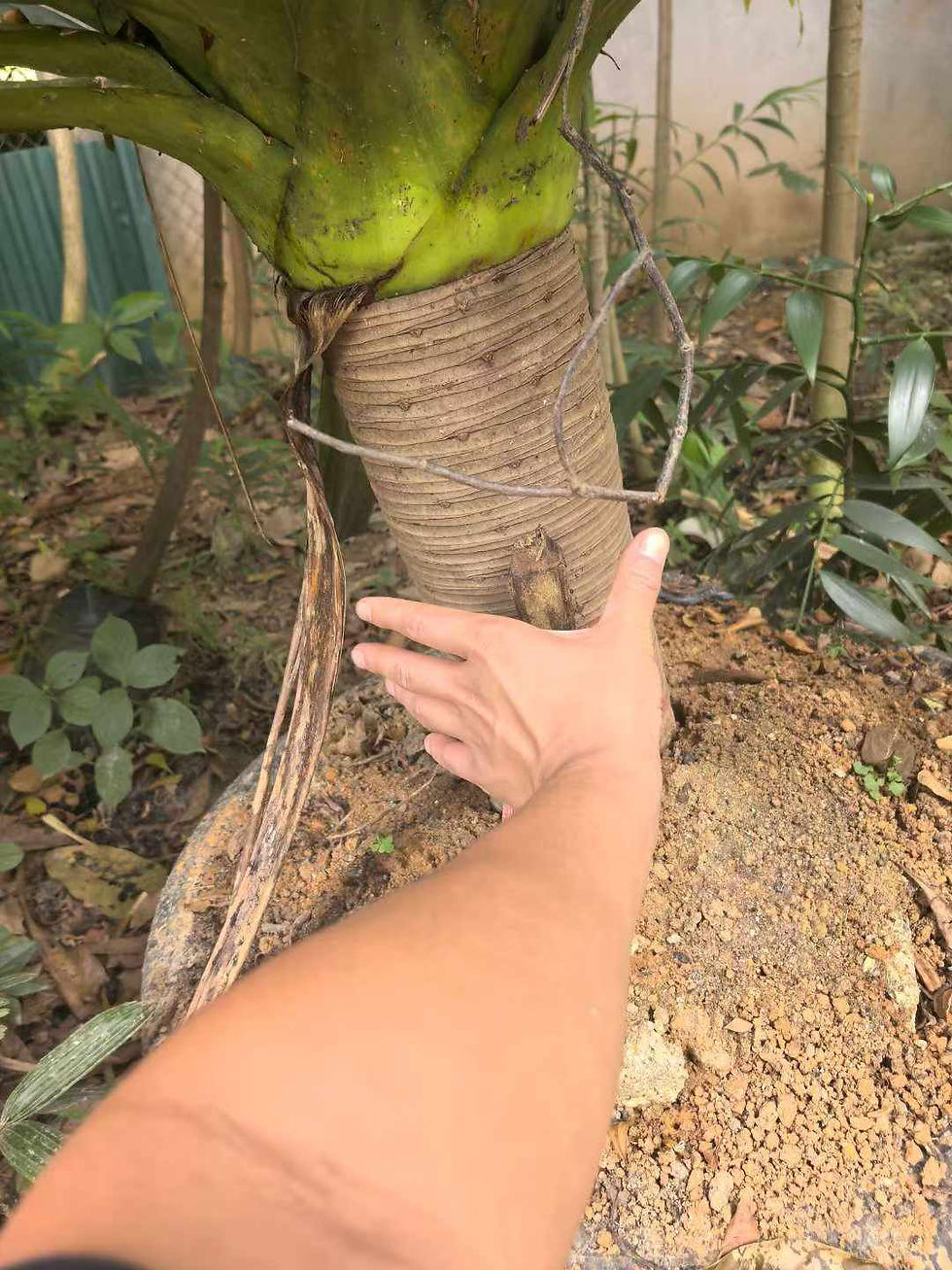Details
Ailanthus altissima, commonly called tree of heaven, is native to China and was introduced into New York City in 1820 as a street tree and food source for silkworm caterpillars. It has now naturalized throughout much of the United States. In many areas it has become a noxious weed. It is extremely fast-growing and it will grow almost anywhere. It can literally grow up from a crack in the sidewalk, and is strong enough to push up through the blacktop surface of a parking lot. It not only grows in cities, but may also be found in the country along roads, fencerows, clearings and wood margins. It can grow up to 60-80’ tall with a loose, open, sometimes graceful form, but is usually seen growing much shorter in urban areas. Wood is weak and tall trees in exposed areas may easily top out in strong winds. Odd-pinnate compound leaves (most often 11-25 leaflets each) tend to give it a certain tropical appearance. Leaflets have large gland-tipped teeth at the base. These teeth distinguish it from the sumacs, which also have long compound leaves. Mostly dioecious (separate male and female trees), but some perfect flowers exist. Male flowers have an unpleasant odor. Actually all parts of the tree have an unpleasant odor. Blooms early summer (June-July). Flowers are greenish. Female flowers produce seeds (twisted samaras) in clusters ripening to reddish-brown in September. Smooth pale gray bark. This is the tree featured in A Tree Grows in Brooklyn, by Betty Smith (1942), a coming of age novel about a young girl growing up in a Brooklyn tenement who finds the toughness and persistence of Ailanthus, growing up from the sidewalk cracks, to be an aspirational metaphor for overcoming the adversities of her own life.

































